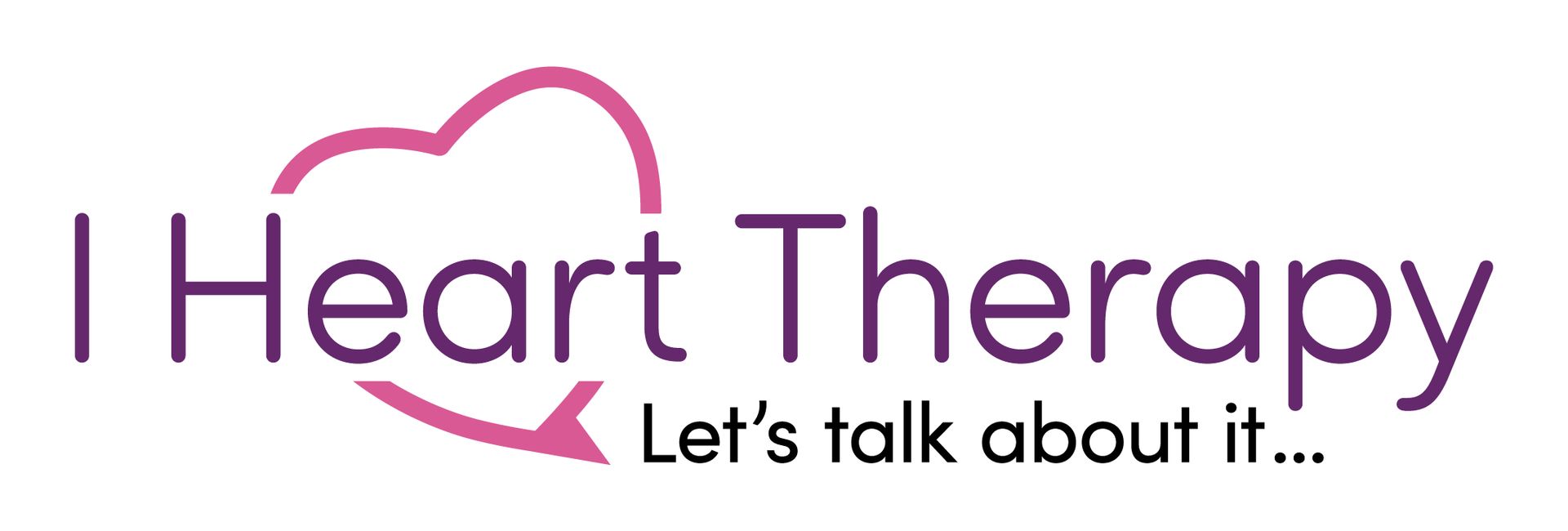Understanding Cognitive Behavioral Therapy (CBT)
July 18, 2024
Cognitive Behavioral Therapy (CBT) is a widely recognized and effective form of psychotherapy that helps individuals identify and challenge negative thought patterns and develop healthier ways of thinking and behaving. This article delves into the principles of CBT, its benefits, and how it can be applied to improve mental health.
What is Cognitive Behavioral Therapy?
CBT is based on the concept that our thoughts, feelings, and behaviors are interconnected, and that changing negative thought patterns can lead to changes in feelings and behaviors. It is a structured, time-limited therapy that is goal-oriented and focused on the present.

Core Principles of CBT
- Identifying Negative Thoughts: The first step in CBT is recognizing and identifying negative thoughts that contribute to emotional distress and unhelpful behaviors.
- Challenging Negative Thoughts: Once identified, these negative thoughts are critically examined and challenged. The goal is to replace them with more balanced and realistic thoughts.
- Behavioral Activation: CBT encourages engaging in activities that bring pleasure and a sense of accomplishment, which can help improve mood and reduce negative thinking.
Benefits of CBT
- Effective for Various Conditions: CBT has been proven effective for a wide range of mental health issues, including depression, anxiety, PTSD, and eating disorders.
- Short-Term and Goal-Oriented: Unlike some other forms of therapy, CBT is typically short-term, with a clear focus on achieving specific goals within a set timeframe.
- Empowers Individuals: CBT equips individuals with practical skills and coping mechanisms that they can use long after the therapy has ended.
How CBT Works
- Assessment and Goal Setting: Therapy begins with an assessment of the individual's issues and the establishment of clear, achievable goals for treatment.
- Sessions and Homework: CBT sessions involve discussing specific problems and practicing techniques to address them. Homework assignments are given to help individuals apply these techniques in their daily lives.
- Monitoring Progress: Progress is regularly reviewed, and techniques are adjusted as needed to ensure the individual is moving towards their goals.

Practical Applications of CBT
- Managing Anxiety: Techniques like cognitive restructuring and exposure therapy can help individuals confront and reduce anxiety.
- Overcoming Depression: Behavioral activation and challenging negative self-perceptions are key strategies in addressing depression.
- Improving Relationships: CBT can help individuals develop better communication skills and resolve conflicts more effectively.
Affirmations for CBT
Here are some affirmations to support your CBT journey:
- "I have the power to change my thoughts."
- "I am in control of my reactions."
- "I am learning to think in healthier ways."
- "I can handle whatever comes my way."
- "I am making progress every day."
How To Cultivate Hope

Are You Tired of Feeling Like You're Falling Behind in Life? In today's fast-paced world, young women face unprecedented challenges. From climbing the corporate ladder to maintaining meaningful relationships, the pressure to excel in every aspect of life can feel crushing. Add in social media's highlight reels and society's ever-rising expectations, and it's no wonder so many of us feel like we're running on empty. But here's the truth: feeling lost doesn't mean you're actually lost. It's a natural part of the journey that almost every successful woman has faced at some point.


